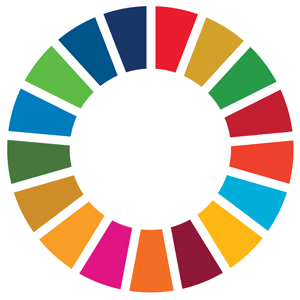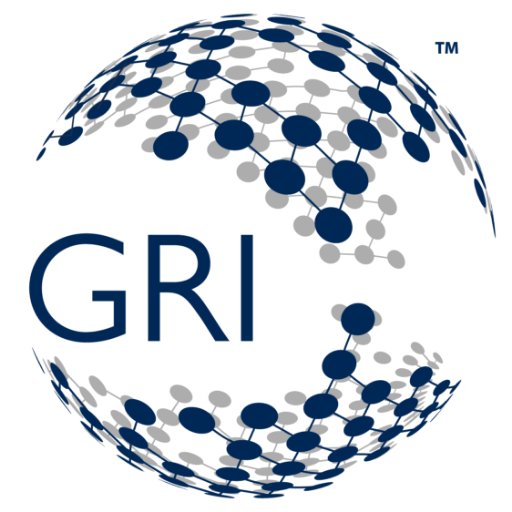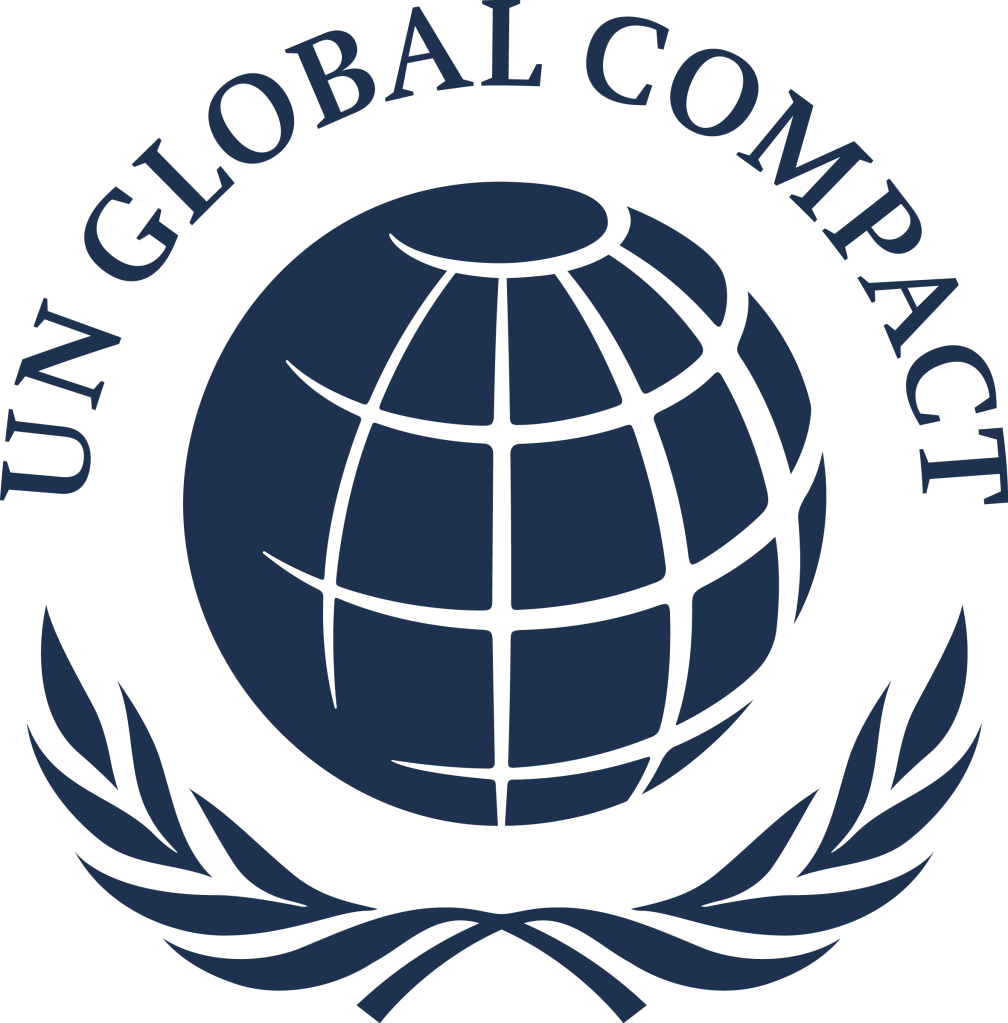After having a sound understanding on sustainability and its dimensions -typically social, environment and economic-, an assessment on how we are standing on the topics of sustainability is necessary. But which topics are related with sustainability?
Usually, after finding the topics which are relevant for your company and your stakeholders, you can build a materiality matrix and you will be able to make decisions on which issues to address first.
As a basis, it is possible to take as reference the issues considered by four different well-recognized frameworks in the area of sustainability:
- Sustainable Development Goals (SDGs) (detail)
- Global Reporting Initiative (GRI) (detail)
- United Nations Global Compact (UNGC) (detail)
- ISO 26000 on Social Responsibility (detail)
In this blog, I bring together the themes of these four frames.
SDGS

- No Poverty: End poverty in all its forms everywhere
- Zero Hunger: End hunger, achieve food security and improved nutrition and promote sustainable agriculture
- Good Health and Well-being: Ensure healthy lives and promote well-being for all at all ages
- Quality Education: Ensure inclusive and equitable quality education and promote lifelong learning opportunities for all
- Gender Equality: Achieve gender equality and empower all women and girls
- Clean Water and Sanitation: Ensure availability and sustainable management of water and sanitation for all
- Affordable and clean Energy: Ensure access to affordable, reliable, sustainable and modern energy for all
- Decent Work and Economic Growth: Promote sustained, inclusive and sustainable economic growth, full and productive employment and decent work for all
- Industry, Innovation and Infrastructure: Build resilient infrastructure, promote inclusive and sustainable industrialization and foster innovation
- Reduced Inequalities: Reduce inequality within and among countries
- Sustainable Cities and Communities: Make cities and human settlements inclusive, safe, resilient and sustainable
- Responsible Consumption and Production: Ensure sustainable consumption and production patterns
- Climate Action: Take urgent action to combat climate change and its impacts
- Life below Water: Conserve and sustainably use the oceans, seas and marine resources for sustainable development
- Life on Land: Protect, restore and promote sustainable use of terrestrial ecosystems, sustainably manage forests, combat desertification, and halt and reverse land degradation and halt biodiversity loss
- Peace, Justice and Strong Institutions: Promote peaceful and inclusive societies for sustainable development, provide access to justice for all and build effective, accountable and inclusive institutions at all levels
- Partnerships for the Goals: Strengthen the means of implementation and revitalize the global partnership for sustainable development.
Source: https://sustainabledevelopment.un.org/topics/sustainabledevelopmentgoals
GRI
Economic Topics

- Economic Performance
- Market Presence
- Indirect Economic Impacts
- Procurement Practices
- Anti-corruption
- Anti-competitive Behaviour
Environmental Topics
- Materials
- Energy
- Water
- Biodiversity
- Emissions
- Effluents and Waste
- Environmental Compliance
- Supplier Environmental Assessment
Social Topics
- Employment
- Labor/Management Relations
- Occupational Health and Safety
- Training and Education
- Diversity and Equal Opportunity
- Non-discrimination
- Freedom of Association and Collective Bargaining
- Child Labor
- Forced or Compulsory Labor
- Security Practices
- Rights of Indigenous Peoples
- Local Communities
- Supplier Social Assessment
- Public Policy
- Customer Health and Safety
- Customer Privacy
- Socioeconomic Compliance
- Marketing and Labeling
Source: GRI Training Course in Sustainability Reporting Standards, 2019
UN GLOBAL COMPACT
The ten principles of the UN Global Compact are classified in 4 areas: Human Rights, Labour, Environment, and Anti-Corruption. Following the 10 principles:

Human Rights
1: Businesses should support and respect the protection of internationally proclaimed human rights; and
2: make sure that they are not complicit in human rights abuses.
Labour
3: Businesses should uphold the freedom of association and the effective recognition of the right to collective bargaining;
4: the elimination of all forms of forced and compulsory labour;
5: the effective abolition of child labour; and
6: the elimination of discrimination in respect of employment and occupation.
Environment
7: Businesses should support a precautionary approach to environmental challenges;
8: undertake initiatives to promote greater environmental responsibility; and
9: encourage the development and diffusion of environmentally friendly technologies.
Anti-Corruption
10: Businesses should work against corruption in all its forms, including extortion and bribery.
Source: https://www.unglobalcompact.org/what-is-gc/mission/principles
ISO 26000
Organizational governance
Decisions are to be made in consideration of the expectations of society. Accountability, transparency, ethics, and stakeholders should be factors in the organization’s decision-making process.
Human rights

All humans have the right to fair treatment and the elimination of discrimination, torture, and exploitation.
- Due diligence
- Human rights risk situations
- Avoidance of complicity
- Resolving grievances
- Discrimination and vulnerable groups
- Civil and political rights
- Economic, social, and cultural rights
- Fundamental principles and rights at work
Labor practices
Those working on behalf of the organization are not a commodity. The goal is to prevent unfair competition based on exploitation and abuse.
- Employment and employment relationships
- Conditions of work and social protection
- Social dialogue
- Health and safety at work
- Human development and training in the workplace
Environment
The organization has a responsibility to reduce and eliminate unsustainable volumes and patterns of production and consumption and to ensure that resource consumption per person becomes sustainable.
- Prevention of pollution
- Sustainable resource use
- Climate change mitigation and adaptation
- Protection of the environment, biodiversity, and restoration of natural habitats
Fair operating practices
Building systems of fair competition, preventing corruption, encouraging fair competition, and promoting the reliability of fair business practices help to build sustainable social systems.
- Anti-corruption
- Responsible political involvement
- Fair competition
- Promoting social responsibility in the value chain
- Respect for property rights
Consumer issues
The promotion of just, sustainable, and equitable economic and social development with respect to consumer health, safety, and access is the organization’s responsibility.
- Fair marketing, factual, and unbiased information and fair contractual practices
- Protecting consumers’ health and safety
- Sustainable consumption
- Consumer service, support, and complaint and dispute resolution
- Consumer data protection and privacy
- Access to essential services
- Education and awareness
Community involvement and development
The organization should be involved with creating sustainable social structures where increasing levels of education and well-being can exist.
- Community involvement
- Education and culture
- Employment creation and skills development
- Technology development and access
- Wealth and income creation
- Health
- Social investment
Source: https://asq.org/quality-resources/iso-26000
And if you are interested on current data on global social an environmental issues, check this blog.

